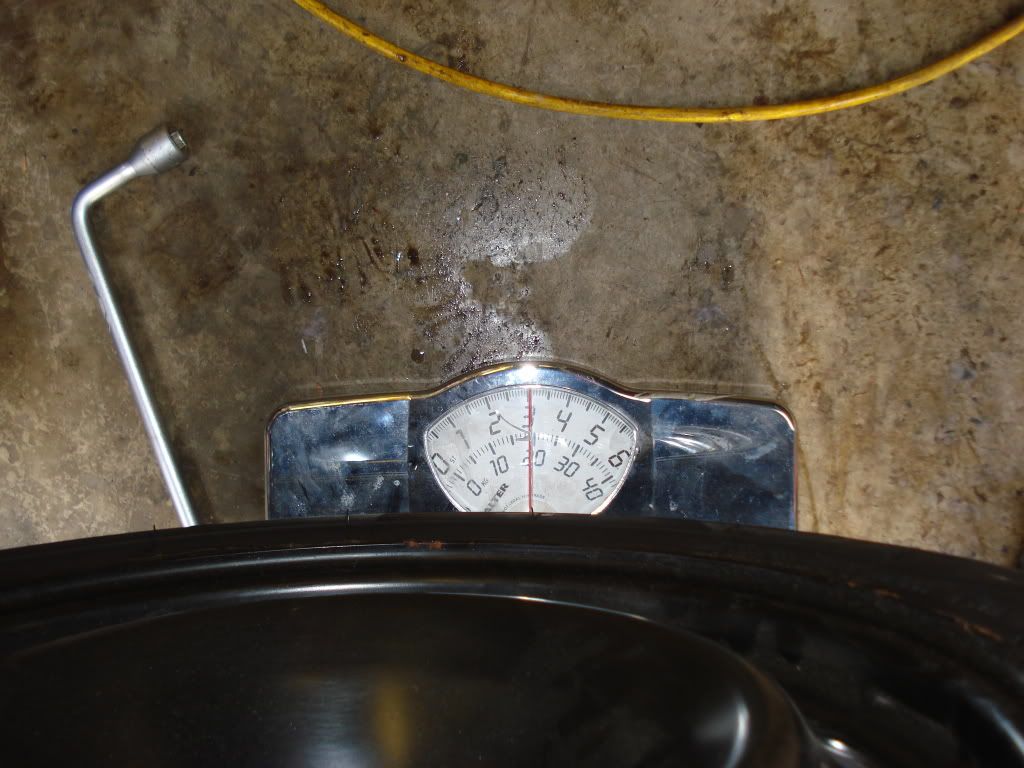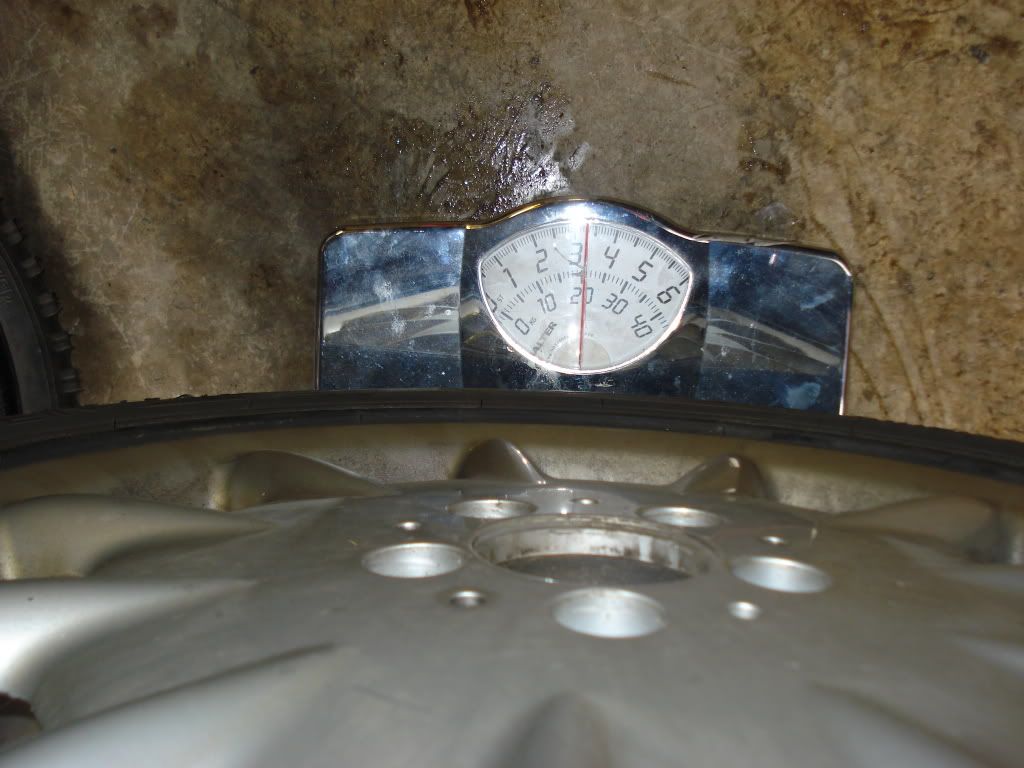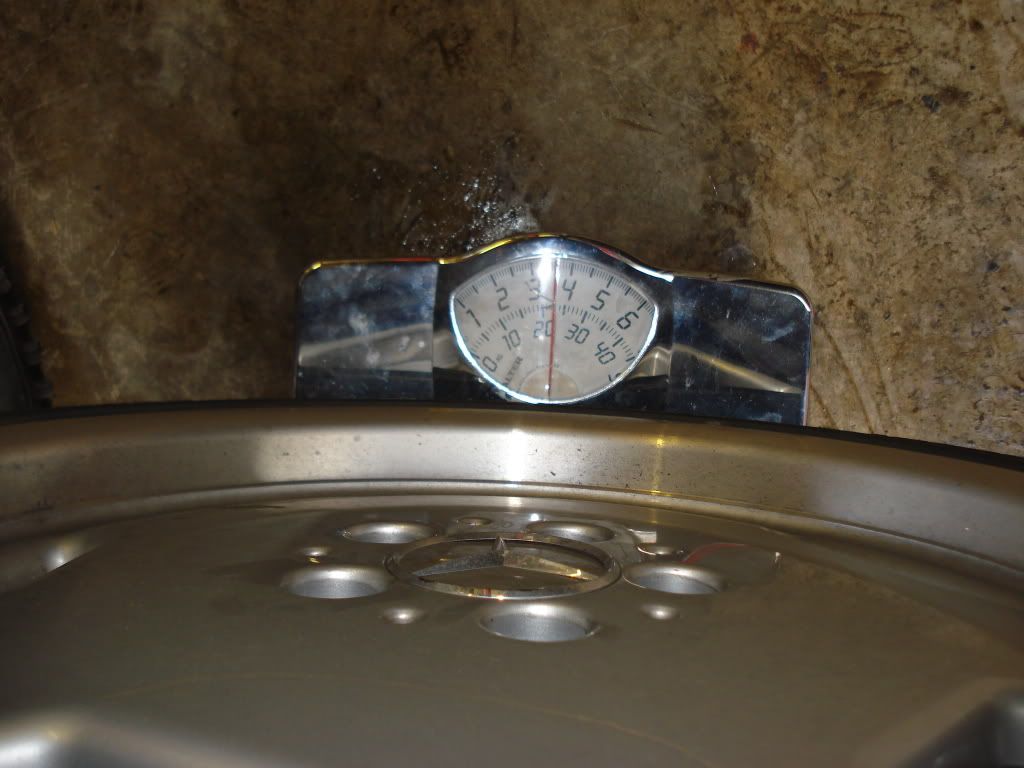230K
MB Enthusiast
- Joined
- Jun 1, 2003
- Messages
- 2,190
- Location
- Belfast
- Car
- 09 E320 cdi Sport Estate, 98 E300TD Estate, 99 SL 500
Hi
Why do car manufacturers use alloy wheels, it doesnt seem to be for weight reduction as my 16" steel spare is 19kg

My 17" winter alloy wheels are 21kgs!! 235/45/17

And my 18" AMG alloys are 23kg regardless whether they are front or back of the staggered set up 235 & 265 wide.

Would a plain steel wheel be lighter???????
230K
Why do car manufacturers use alloy wheels, it doesnt seem to be for weight reduction as my 16" steel spare is 19kg

My 17" winter alloy wheels are 21kgs!! 235/45/17

And my 18" AMG alloys are 23kg regardless whether they are front or back of the staggered set up 235 & 265 wide.

Would a plain steel wheel be lighter???????
230K
